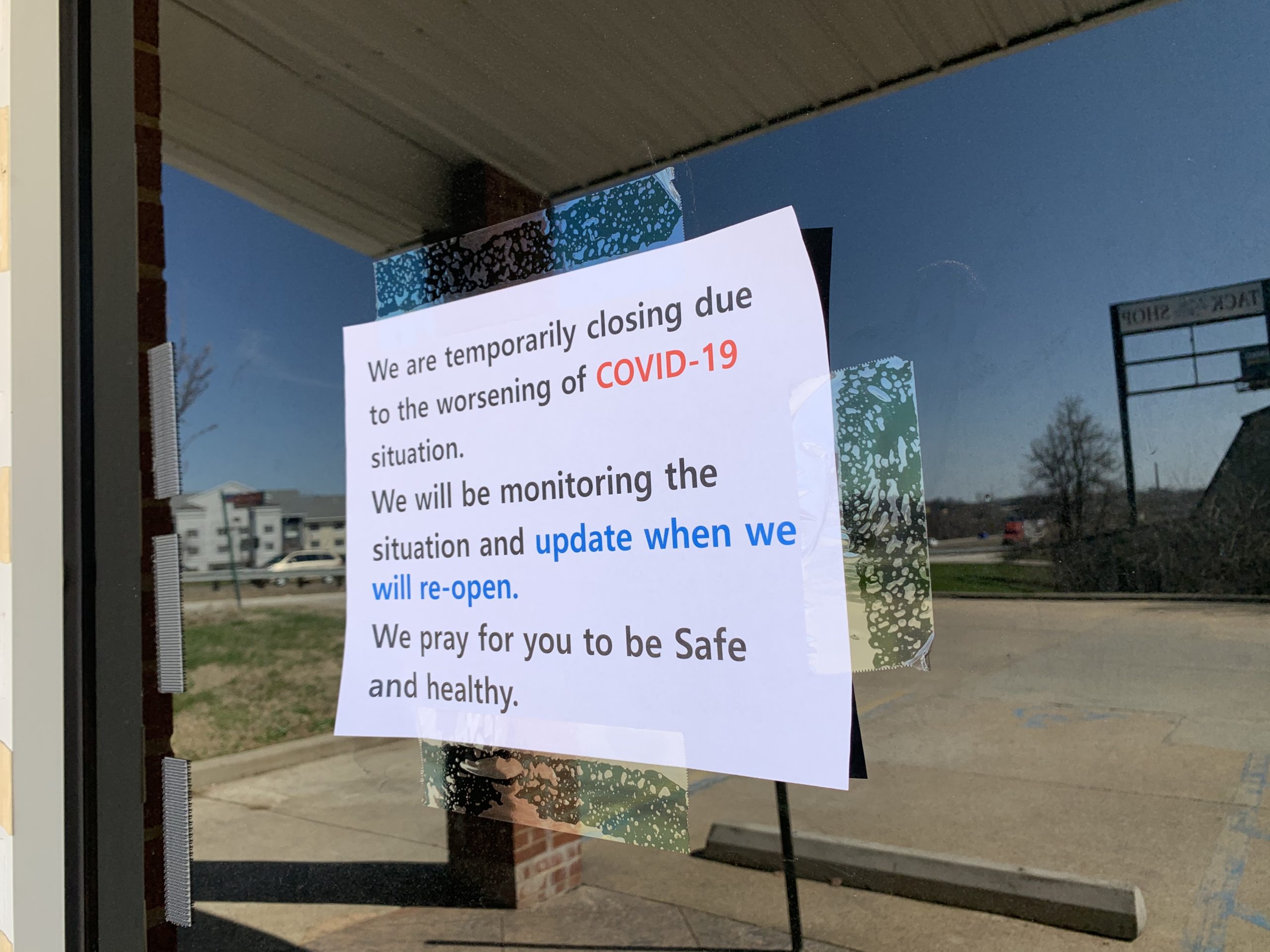JEFFERSON CITY, Mo. — After a three-hour hearing earlier this month, a House committee has recommended additional information from the state as well as legislative action to adequately address the overpayment of unemployment benefits issued to Missourians during the coronavirus pandemic.
Approximately $150 million of overpayments — of both federal and state funds — was sent to about 46,000 individuals in Missouri as the pandemic shuttered businesses and left people out of work. Gov. Mike Parson has said the overpayments need to be recouped.
A bevy of lawmakers on both sides of the aisle in each chamber has filed legislation to forgive, at least partially, the overpayments. Here’s a look at what we know about the overpayments and what the Special Committee on Government Oversight recommended after concluding its public hearing.
So how much was overpaid? And how much actually came from Missouri?
The Department of Labor paid out more than $5 billion in unemployment benefits in 2020 from both state and federal funds. Of that, about 3 percent has been classified as an overpayment — albeit, that number could rise as more data is analyzed, Department of Labor Director Anna Hui testified earlier this month.
Hui also said unemployment overpayments are not new, but the amount given out in 2020 was significant because of the increased number of Missourians who made claims in the midst of the pandemic.
For example, she said about 5.3 percent of the $236 million in unemployment benefits paid out in 2019 were erroneous, per Division of Employment Security (DES) data. But in 2020, the rate was about 3 percent of the more than $5 billion paid out.
Of the overpayments, approximately $40 million came from the state and $108 million from federal funds, a Department of Labor spokeswoman told The Missouri Times.
About 46,000 Missourians received the overpayments and have been told to pay the money back, according to DES. The average amount owed by individuals is about $4,000, Hui said.
What has the unemployment situation looked like in Missouri during COVID-19?
More than half of Missourians who filed for unemployment in 2020 were new filers, Hui testified. Monthly initial claims increased to more than 300,000 in 2020; in 2019, that number was less than 50,000.
The first major spike came during the week of March 21 which saw 42,207 filings — more than 10 times the prior week. Weekly initial claims then remained above 90,000 for three weeks in a row. The increase coincided with quarantine and stay at home orders that shuttered businesses and left workers in many industries without jobs.
While Hui said the department would be willing to work with individuals to set up a payment plan, multiple individuals testified they could not make contact with department representatives. Others said they were informed the state would begin to garnish wages from their paychecks.
One woman told lawmakers she would have rather not received the money at all than be in the situation she now faces. A school bus driver told lawmakers she owed about $13,000 in overpayments.
What did the committee recommend?
In its report this week, the House Special Committee on Government Oversight recommended legislative action to “rectify” the overpayment issue. In the lower chamber, numerous bills have been filed to protect individuals from full repayments.
HBs 1035, 1036, 1050, 1083, 1085, and 1097 would allow the Department of Labor to forgive nonfraudulent overpayments of unemployment benefits given through the federal CARES Act or other federal programs designed to provide employment security relief. The bills note Missouri would need permission from the federal government in order to enact.
They were filed by Reps. Doug Clemens, LaKeySha Bosley, Scott Cupps, J. Eggleston, Jered Taylor (who chairs the committee), and Raychel Proudie, respectively.
Additionally, HB 873 from Rep. Ian Mackey would prohibit the state of Missouri from recovering benefits paid during the COVID-19 state of emergency erroneously paid to individuals.
And HCR 30 from Rep. Peter Merideth is a resolution asking Parson to forgive the federal overpayments during the COVID-19 pandemic.
In the upper chamber, Sens. Lincoln Hough and Doug Beck filed legislation prohibiting the Department of Labor from recouping erroneous payments sent during a state of emergency because of COVID-19. The bills are SB 481 and SB 482.
What have other states done?
The overpayment issue is not unique to Missouri. However, some states have made efforts to forgive or offer waivers for at least some of those funds.
Alexa Tapia, the unemployment insurance campaign coordinator for the National Employment Law Project (NELP), noted most of the overpayments were from federal funds, suggesting it would not be too detrimental for Missouri to offer waivers to those who innocently received the money.
“States across the country are exercising these overpayment waivers, and it would be wise for Missouri to join them,” Tapia told The Missouri Times. “If we really want to position ourselves to recover economically and bring back these jobs and economic activity, Missouri should exercise leniency and [utilize] overpayment waivers. To take money out of the hands of struggling families during a health and economic crisis just seems unnecessarily cruel.”
“A lot of this was just a mistake,” Tapia said, noting it affects “innocent people.”

Kaitlyn Schallhorn was the editor in chief of The Missouri Times from 2020-2022. She joined the newspaper in early 2019 after working as a reporter for Fox News in New York City.
Throughout her career, Kaitlyn has covered political campaigns across the U.S., including the 2016 presidential election, and humanitarian aid efforts in Africa and the Middle East.
She is a native of Missouri who studied journalism at Winthrop University in South Carolina. She is also an alumna of the National Journalism Center in Washington, D.C.
Contact Kaitlyn at kaitlyn@themissouritimes.com.































